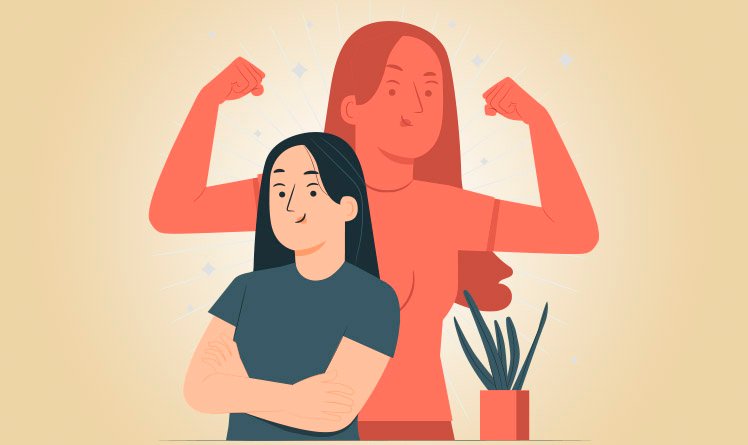Beliefs: what they are and how important they are in our lives

|
Getting your Trinity Audio player ready...
|
Beliefs are a fundamental aspect of our existence, shaping our worldview, our choices and our actions. They can either limit us or take us where we want to go.
In this article, we will explore the meaning of beliefs and their importance in our lives.
What are beliefs?
Beliefs are deeply held convictions we have about the world, ourselves, and others. We shape them by our experiences, education, culture, and social influences.
They can be conscious or unconscious and have a profound impact on our psychology and behavior.
Such beliefs can cover a wide range of topics, from religious and political beliefs to those about our own competence and worth. However, what they all have in common is their ability to affect our perception of reality and influence our choices.
The importance of beliefs in our lives
Beliefs play a crucial role in shaping our identity and the way we navigate the world. As such, they influence our daily decisions, attitudes and behaviors. Let’s highlight their importance:
Influence on choices and actions
Our beliefs shape the choices we make. For example, if we believe strongly in the importance of education, we are more likely to seek out learning opportunities and encourage others to do the same.
Impact on mental health and well-being
Negative beliefs about ourselves can lead to low self-esteem and stressOn the other hand, positive ones can improve mental health and well-being, promoting self-confidence and resilience.
Building interpersonal relationships
Our beliefs about others can influence our relationships. If we believe in the goodness of others, we are more likely to form positive interpersonal connections.
On the other hand, if we believe that people can hurt us at any minute, we will have many difficulties in our relationships with others.
Adaptability and personal growth
The ability to question and change beliefs can promote personal growth. In this way, cognitive flexibility allows us to learn from new experiences and perspectives.
The role of education in the formation of beliefs
Education plays an important role in shaping beliefs. The information we receive at school and through the media can shape our worldviews.
Therefore, it is crucial to promote an education that encourages critical thinking and the analysis of different points of view.
Limiting beliefs
Limiting beliefs are deeply held convictions that people have about themselves, their abilities, or the world around them, and which tend to restrict their potential, actions and opportunities.
They are called “limiters” because, instead of empowering people, they prevent them from reaching their full potential. They can manifest themselves in a variety of ways, including:
Low self-esteem:
We believe we are not worthy, competent, or deserving of success, happiness, or love.
Fear of failure:
We understand that we are not capable of achieving something successfully, which leads to avoiding challenges or opportunities.
Constant self-criticism:
We will never live up to high standards, resulting in a cycle of negative self-criticism.
Fear of judgment from others:
Fear that other people's opinions will be overly critical or negative, leading to avoidance of exposure to criticism.
Shortage:
View that resources, opportunities and success are limited, which leads to a mindset of competition rather than collaboration.
Negative labels and stereotypes:
They are based on stereotypes about race, gender, age, etc., which can restrict one's sense of identity and self-expression.
Comfort zone:
We believe it is safer to stay within our comfort zone and avoid risks, even if this limits growth and innovation.
Limiting beliefs can stem from past experiences, cultural influences, upbringing, and other factors. However, it is important to recognize them and work to overcome them, often through self-awareness techniques, therapy, or coaching.
Overcoming limiting beliefs is an important step towards unlocking personal potential and achieving goals and objectives with more confidence and determination. NLP (Neuro-Linguistic Programming) plays a very important role in helping us understand our beliefs and change them, taking our lives to another level.
In short…
In short, beliefs play a central role in our lives, shaping our perceptions, choices, and relationships. It is important to recognize their influence on our existence and be willing to examine them critically.
By doing so, we can foster a greater understanding of ourselves and others, as well as the possibility of personal growth and development. Therefore, do not underestimate the power of your beliefs, as they are an essential part of your journey through life.
Image: Freepik

Marcel Castilho is an expert in neuromarketing, neuroscience, mindfulness and positive psychology. In addition to being an advertiser, he also has a Master's degree in NLP – Neurolinguistic Programming. As the owner and founder of the communications agency VeroCom and also of the digital agency Vero Contents, he has been studying human behavior for over 30 years.


